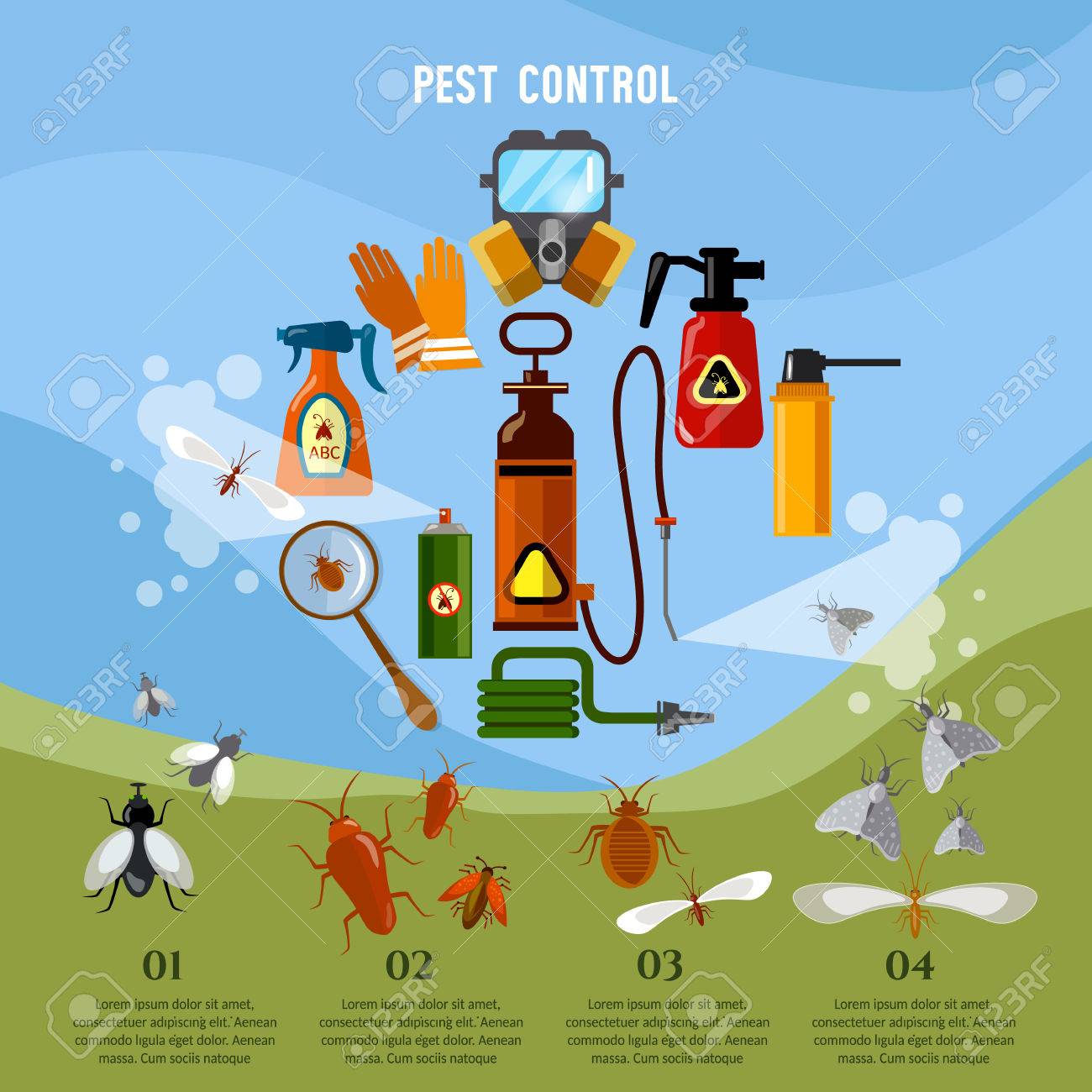Get Ready To Turn Your Garden Into A Pest-Free Sanctuary Using These Imaginative Suggestions And Methods
Get Ready To Turn Your Garden Into A Pest-Free Sanctuary Using These Imaginative Suggestions And Methods
Blog Article
Staff Writer-Dunlap Fyhn
Picture your garden as a sanctuary, an area of serenity and appeal. Nonetheless, the visibility of exterior insects can rapidly interrupt this idyllic photo. What happens if there were easy yet reliable methods to keep these unwanted visitors at bay and secure your yard oasis? By adhering to a couple of functional suggestions and executing all-natural methods, you can create a harmonious outdoor room where your plants can grow uninterrupted.
Natural Bug Deterrents
To keep pests away from your yard normally, plant fragrant natural herbs like mint and lavender. These great smelling plants not only add charm to your garden but additionally serve as efficient parasite deterrents. Parasites like insects, flies, and also some garden-damaging pests are fended off by the solid fragrances given off by these herbs. Simply putting them tactically around your garden can assist produce a natural barrier versus undesirable pests.
In addition to mint and lavender, take into consideration planting various other herbs like rosemary, basil, and lemongrass to additionally enhance your yard's pest-proofing abilities. winged termites in my house work as all-natural repellents but likewise have the included advantage of being useful in cooking or crafting self-made remedies.
Strategic Plant Positioning
Consider the design of your garden and the sorts of plants you need to purposefully place them for maximum pest-proofing efficiency.
Beginning by organizing powerful ant killer with similar resistance to bugs with each other. By doing this, you can produce a natural barrier that discourages bugs from spreading throughout your yard.
In addition, placing pest-repelling plants like marigolds, lavender, or mint near more susceptible plants can help safeguard them. Tall plants, such as sunflowers or corn, can act as a guard for much shorter plants versus pests like bunnies or ground-dwelling bugs.
Keep in mind to leave sufficient space in between plants to boost air blood circulation and reduce the danger of conditions that pests could carry.
Furthermore, consider planting strong-smelling natural herbs like rosemary or basil near at risk plants to perplex bugs' senses and make it harder for them to situate their targets.
Efficient Insect Control Techniques
For combating garden pests successfully, applying a multi-faceted bug control method is essential. Start by encouraging all-natural killers like birds, ladybugs, and praying mantises to help keep parasite populations in check. Introducing plants that draw in these advantageous bugs can help in insect control. In flea pest control near me , exercising great garden health by removing particles and weeds where insects may conceal can make your garden less friendly to unwanted visitors.
Consider making rat control cost of physical barriers such as row cover fabrics or netting to protect at risk plants from parasites like caterpillars and birds. Using natural chemicals like neem oil or insecticidal soap can likewise be effective versus specific insects while being less hazardous to beneficial insects and the environment. It's vital to revolve your plants each season to stop the buildup of insect populations that target certain plants.
Regularly inspect your plants for signs of insect damages so you can do something about it without delay. By integrating these methods and remaining attentive, you can successfully manage garden pests and enjoy a flourishing, pest-free yard.
Conclusion
So, there you have it - with the ideal methods, you can keep pesky outdoor parasites away from your yard and help your plants prosper.
Did you understand that planting mint has been revealed to fend off insects and other insects, minimizing the need for hazardous chemicals by approximately 60%?
By including all-natural deterrents and clever planting methods, you can produce an attractive and pest-resistant yard sanctuary for you to enjoy.
